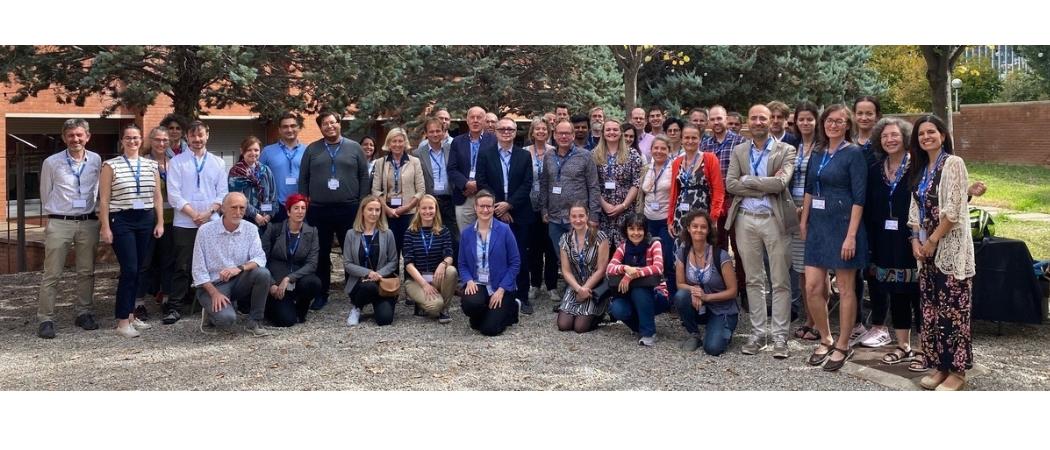
Photo: Barcelona Supercomputing Center website
The Barcelona Supercomputing Center - Centro Nacional de Supercomputación (BSC-CNS) is coordinating the EOSC4Cancer project, a European digital ecosystem of shared data to accelerate cancer research. The initiative, funded with nearly 8 million euros by the European Union (EU), will enable federated and secure access to various types of cancer data across European borders, in order to process and reuse information from cancer research across the EU.
EOSC4Cancer is coordinated by the BSC and ELIXIR, a European intergovernmental body that brings together life science resources across the EU to form a single, shared infrastructure. The project, a key part of Horizon Europe's European Mission on Cancer, brings together a consortium of 29 organisations from 13 countries coordinated by the BSC, including cancer research centres, scientific infrastructures, leading research groups, hospitals and supercomputing centres.
"The project gives us the opportunity to connect the different types of data needed for the comprehensive analysis of the cancer patient's trajectory, from the initial phases related to environmental causes, screening programs and analysis of primary tumors to clinical trials in metastatic tumors. In this way, we are building systems that provide clinicians, researchers and also patients and citizens with access to information in appropriate environments," says Alfonso Valencia, head of the BSC's Life Sciences Department and scientific coordinator of the project.
The integration of data across the different national borders of the EU is crucial to advance research into a disease as complex as cancer. Proof of this is that the committee of the European Mission on Cancer has identified access to data, knowledge and digital services across the European Research Area, through federated and secure infrastructures, as a key condition for the success of the initiative.
Cancer is a disease that can affect anyone, regardless of age, gender or social status, and represents a tremendous burden for patients, families and societies at large. If no further action is taken, the number of people newly diagnosed with cancer each year in Europe will increase from the current 3.5 million to more than 4.3 million by 2035, according to the European Commission.
The aim of EOSC4Cancer is to facilitate the interoperability of genomic, imaging, medical, clinical, environmental and socio-economic data across countries through appropriate analysis environments, including machine learning and artificial intelligence. The better organised cancer data is across Europe, the better and faster we can reap the benefits of new technical and biological innovations for the benefit of EU citizens and patients.
Through five use cases, EOSC4Cancer covers the entire cancer patient journey, from prevention to diagnosis and treatment. Each step leaves a trail of data, which is systematically organized into relevant and useful information for translational research, medical practice and health outcomes.
EOSC4Cancer will run until 2025 within the framework of the European Open Science Cloud (EOSC) ecosystem and the European Health Data Space (EHDS). To make the progress of the project sustainable, EOSC4Cancer will leverage the research infrastructures of the different partners and other international initiatives (e.g. ICGC-Argo, GA4GH, 1+MG/B1MG, Cancer Core Europe, European Cancer Information System, European Network of Cancer Registries, Innovative Partnership for Action Against Cancer Joint Action), as well as patient and survivor associations.
"The project starts at a key moment for Europe in which the work of harmonization of medical data in EHDS and the Genomic Data Infrastructure (GDI) project converge to create a network of genetic and clinical data across Europe. From EOSC4Cancer we hope to contribute with technical solutions and specifications in the area of cancer, which should be integrated into the infrastructure of the European Mission on Cancer that now begins its journey," concludes Alfonso Valencia.
This article was first published on 1 December by Barcelona Supercomputing Center.





 A unique international forum for public research organisations and companies to connect their external engagement with strategic interests around their R&D system.
A unique international forum for public research organisations and companies to connect their external engagement with strategic interests around their R&D system.